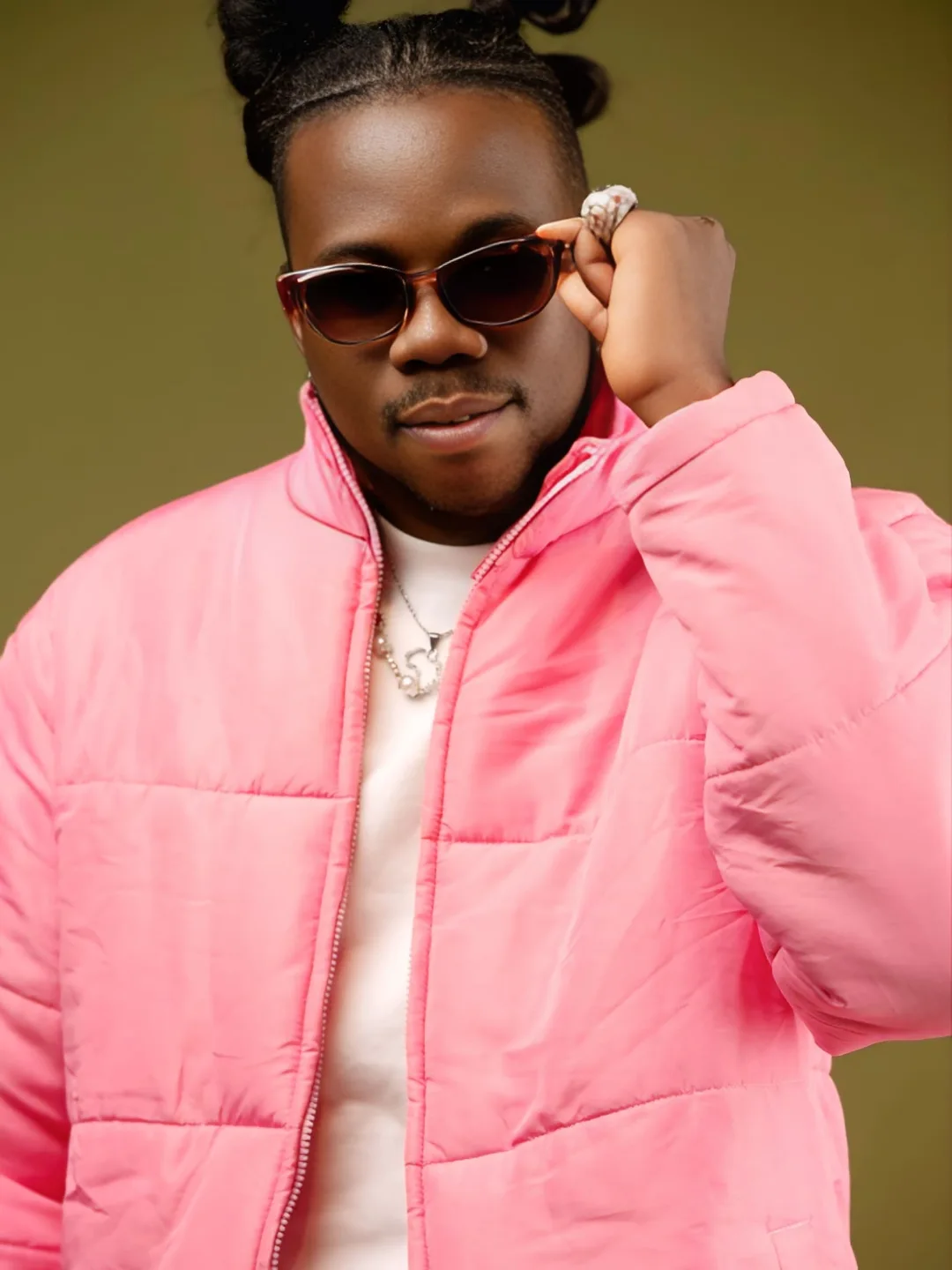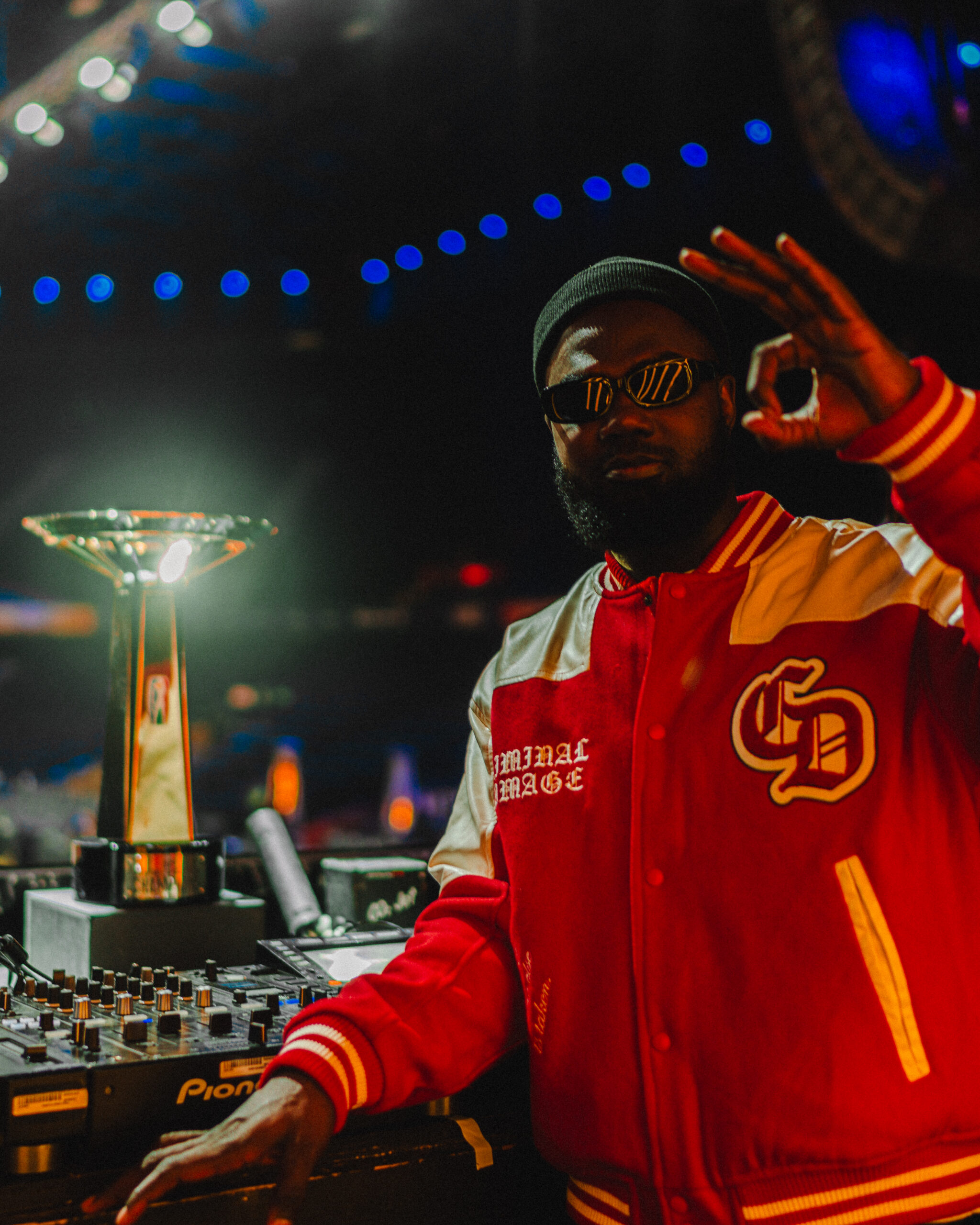Bomi Anifowose
Every June, as the last crescendos of Eid al-Kabir prayers settle into the Ijebu air, a different kind of sacred gathering begins to rise. The Ojude Oba Festival, a resplendent cultural procession in honor of the Awujale of Ijebuland, is often remembered for its extravagant attire, galloping horsemen, and kaleidoscopic age-grade parades. But beneath the glamour, beneath the thunder of hooves and shimmering lace, lies a quieter, more radical truth: Ojude Oba may very well be Nigeria’s most gender-equitable festival.
That claim might surprise some. Gender equity—not equality—is the lens through which this conversation must unfold. Where gender equality implies sameness, equity recognizes difference and seeks fairness. Ojude Oba doesn’t flatten gender roles. Instead, it elevates each gender’s cultural strength, providing platforms tailored to distinct expressions of identity and influence.
At Ojude Oba, power is not only on horseback. It is sewn into gele headwraps, embedded in coral beads, stitched into shimmering aso-oke, and carried with a poise that neither asks permission nor begs validation.
The Regberegbe: More Than Just Age-Grade Glamour:

The Regberegbe system—age-grade groups that form the cornerstone of the Ojude Oba spectacle—is often cited as a visual feast. But it is also a subtle masterclass in decentralized leadership. Each Regberegbe group typically has both male and female divisions, with female-led groups such as “Obinrin Ijebu” commanding just as much visibility, pageantry, and respect as their male counterparts.
These are not merely parade props. These women organize, fundraise, and execute complex displays of loyalty to their monarch. They curate fashion themes, coordinate choreography, and embody prestige. And unlike many socio-cultural spaces in Nigeria where women are consigned to the margins, at Ojude Oba, women walk and parade right down the center.
Fashion as Assertion, Not Decoration:
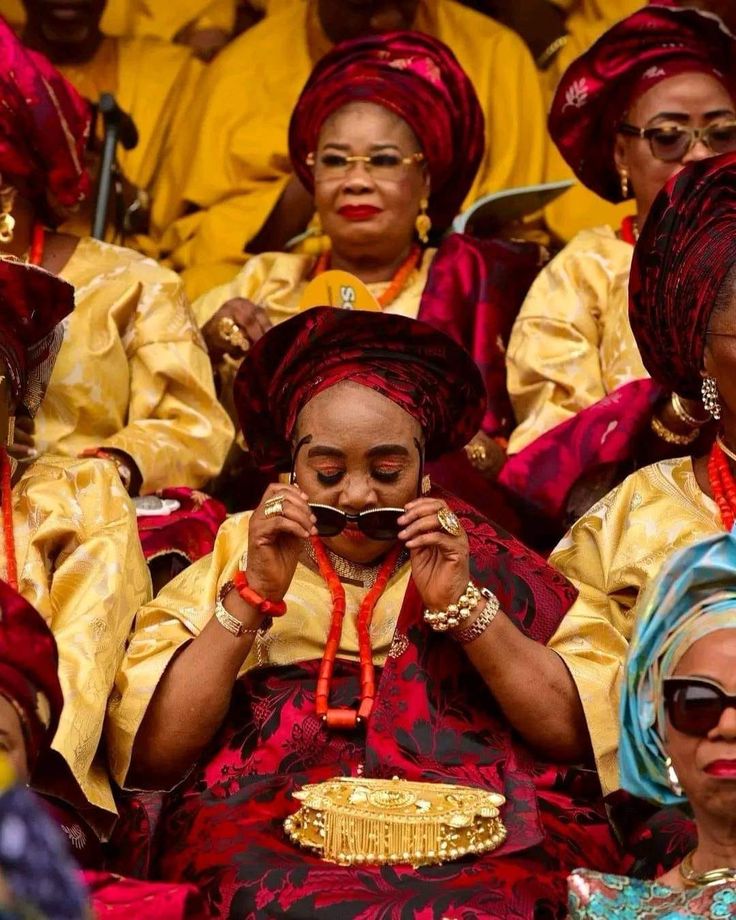
At Ojude Oba, fashion is not an accessory to the main event. It is the event. And for women, fashion becomes a language of agency. From the matte intricacy of handwoven fabrics to the assertive geometry of their accessories, women announce themselves with clarity and elegance.
But more than beauty, what is revealed here is control. Control over how one is seen. Control over collective memory. Women in Yoruba culture have long used adornment not as a mask, but as a mirror—reflecting strength, wealth, solidarity, and sovereignty. At Ojude Oba, that mirror is burnished till it gleams.
Economic Sovereignty and Matriarchal Might:
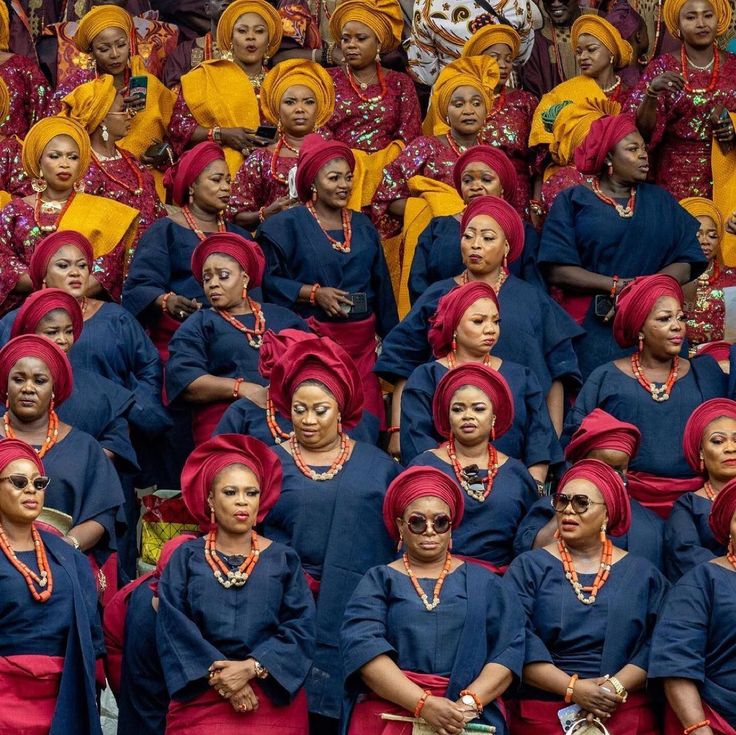
Many of the women who parade at Ojude Oba are not merely glamorous; they are powerful. Behind their ensembles lie entire ecosystems of commerce. Market leaders, business moguls, community patrons. These are matriarchs whose influence extends far beyond the parade square.
In fact, some of the most opulent processions are funded and managed by women-led cooperatives. Their influence is financial, social, and symbolic. It calls to mind the Yoruba adage: Obìnrin ló jóba lókè, “a woman rules the heights.”
Religious Freedom as Feminine Autonomy:
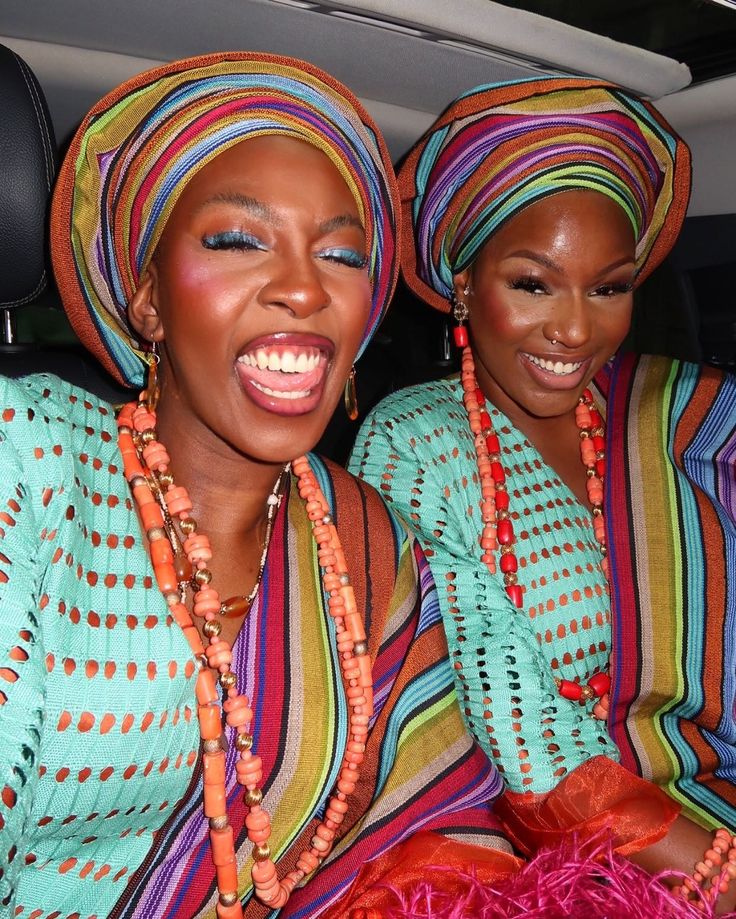
It is no coincidence that Ojude Oba was birthed as a response to religious identity. In the 19th century, Muslim converts like Chief Balogun Kuku, unable to partake in the Odeda Festival due to Islamic convictions, created this new gathering. Today, that spirit of reform lives on, especially in the freedom women exercise at Ojude Oba.
Unlike many Islamic festivals where female visibility is still regulated, and unlike some Christian festivals that place women in strictly devotional roles, Ojude Oba is a cultural hybrid that allows women to define their own place. They are not performers of femininity. They are curators of legacy.
In conclusion, Of course, Ojude Oba is not utopia. The festival, like the society it mirrors, still grapples with classism, performative politics, and the often-unspoken exclusions based on economic means. But when we strip back the lace and gold, what remains is a space where women are not accessories to male ambition.
They are co-authors, protagonists and queens of their own regberegbe.
As Ojude Oba 2025 approaches, perhaps the question is no longer whether it is Nigeria’s most gender-equitable festival. Perhaps the real challenge is this: What would it mean for our political spaces, our boardrooms, our creative industries, and our homes to look a little more like Ojude Oba?
What if the parade wasn’t the exception?
What if it was the template?



